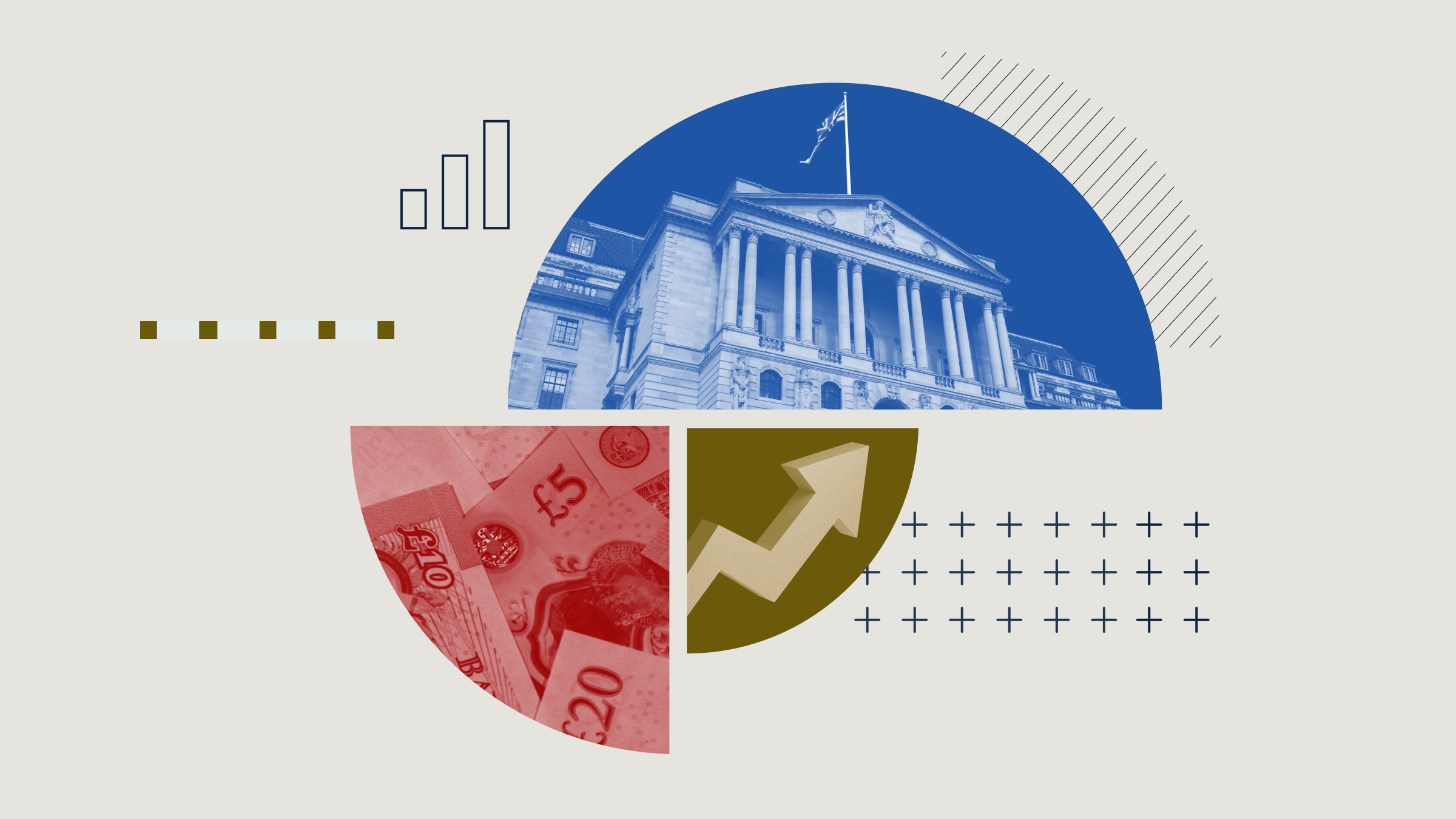
Some 59 underperforming investment funds have been named and shamed by fund supermarket Bestinvest in its latest “Spot the Dog” report.
The bi-annual report weeds out the funds that have failed to beat their benchmark over three consecutive 12-month periods, and which have underperformed by at least 5% over the three year period as a whole.
The 59 funds hold a hefty £32.6 billion of investors’ money between them – some £11 billion of which is in just six Invesco funds. It’s the third time that Invesco has topped the list for having the greatest amount of assets in dog funds. A number of fund groups including Aviva, Evenlode, Legal & General and Royal London have no funds in the list of dogs.
Investors may be unsurprised to see the £3.7 billion Woodford Equity Income fund top the list of dogs in the UK All Companies sector - it is also the second largest fund by assets across all 59 dog funds. The fund suspended trading in June after a long run of poor performance and sustained redemption requests from investors. The fund underperformed its benchmark by 38% in the three years to 30 June – a £1,000 investment made three years ago would now be worth just £800.
The Invesco UK Strategic Income, Invesco High Income and Invesco Income funds (all Bronze rated) take spots two, three and four in the list of UK All Companies funds in the doghouse, each underperforming their benchmark by more than 20%.
Among the largest funds in the doghouse are Bronze-rated Janus Henderson European Selected Opportunities and BlackRock Continental European Income, with assets of £1.8 billion and £1.6 billion respectively. The £1.3 billion St James’s UK High Income fund is also in the list, having underperformed its benchmark by a whopping 30%. The fund had been managed until Neil Woodford until recently, when SJP terminated his mandate and passed the running of the fund to Columbia Threadneedle and RWC.

In total, 11 funds in the UK All Companies sector, representing £16.7 billion of assets, have found themselves on the list of dog funds. Meanwhile, nine UK Equity Income funds have made the list, 11 European funds, three Japanese-focused funds, and three US funds. Some 15 funds in the 150-strong Global sector are named in the report.
Investors may be confused to see that many of the dog funds have produced a positive return, suggesting there is little cause for concern. But Jason Hollands, managing director at Bestinvest, says the crucial point is that they have underperformed compared to their benchmark.
He explains: “Soaring global stock markets means that even laggard investment funds have, in most cases, delivered positive returns. While that might seem positive, it effectively masks the failure of these fund managers to add any value for their ‘expertise’.”
The total number of so-called dog funds has halved since the last edition of the report in January, when 111 funds were in the dog house. Bestinvest admits that two of the funds in the doghouse are actually on its list of top-rated funds – MI Somerset Emerging Markets Dividend Growth and BlackRock Continental European Income.
The firm says that a fund finding itself on the list isn’t a signal to sell automatically, but highlights that the fund has underperformed over the past three years, which may require further investigation. Bestinvest said: “We still maintain our conviction that they can deliver for investors over the long-term.”
The report also names a handful of so-called “pedigree picks”, of funds which have outperformed their benchmark over the same three-year period. In the UK All Companies sector, for example, the Gold-rated Lindsell Train UK Equity fund outperformed its benchmark by 22% over three years, turning a £100 investment into £158 over the period. In the Global sector, Silver-rated Baillie Gifford Global Discovery beat its benchmark by 33%, turning £100 into £191 over three years.
Hollands adds: “In truth, the funds in Spot the Dog represent the tip of the iceberg and there are many more out there delivering pedestrian returns. The difference in performance between the best and worst funds is enormous. If you are going to invest in actively management funds, it is vital to be very selective and to regularly review your investments.”
An Invesco spokesman says: “While recent performance has been challenging, our investment process remains robust and we continue to believe in the long-term value of the UK equity market. We retain full confidence in the positioning of our UK equity portfolios.”
A Woodford spokesman says: “Neil will continue to focus the fund’s portfolio towards the few areas of the market which continue to offer valuation appeal and to the economic regions that appear to have enough internal momentum to withstand the growing global headwinds. Admittedly, this strategy has not delivered the returns we have anticipated over the past couple of years.”







.jpg)



















